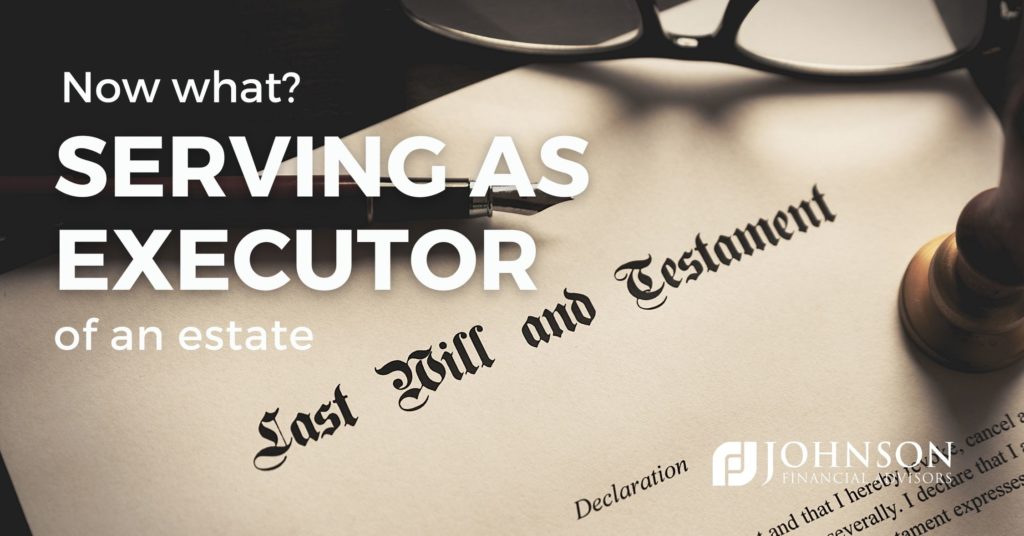
Serving as an executor of an estate
Serving as an executor of an estate can be a complex and overwhelming responsibility, but with the right guidance, it can also be a rewarding experience. The role of an executor is to manage and distribute the assets of a deceased person, known as the “decedent,” according to their will. In this article, we’ll outline the steps you need to take if you are serving as an executor of an estate.
Step 1: Review the Will
The first step in your role as an executor is to review the will of the decedent. This document outlines the decedent’s wishes for their assets, including who will receive their property and in what amounts. If the decedent did not have a will, the laws of the state where they lived at the time of their death will dictate how their assets are distributed. It is important to familiarize yourself with the contents of the will and to understand the distribution instructions outlined in it.
Step 2: Obtain Legal Authority
The next step is to obtain legal authority to act as the executor. This is typically done by filing a petition with the probate court in the decedent’s state of residence. The court will then issue a document called “letters testamentary,” which gives you the authority to act on behalf of the estate. This is an important step because it allows you to take actions such as opening a bank account for the estate, selling property, and distributing assets to beneficiaries. An estate planning attorney can assist you in this process if you need assistance.
Step 3: Locate and Inventory Assets
The next step is to locate and inventory all of the decedent’s assets. This includes not only their physical property, such as real estate and personal possessions, but also their financial assets, such as bank accounts, stocks, and bonds. It is important to gather as much information as possible about these assets so that you can properly manage and distribute them according to the decedent’s wishes.
Step 4: Pay Debts and Taxes
Once you have a complete understanding of the decedent’s assets, you must pay any debts and taxes owed by the estate. This includes any outstanding bills, mortgages, and loans, as well as any federal or state taxes owed by the decedent. It is important to prioritize these payments to ensure that the estate does not incur additional debt or penalties.
Step 5: Distribute Assets to Beneficiaries
Once debts and taxes have been paid, you can begin the process of distributing the decedent’s assets to their beneficiaries. This involves transferring ownership of the assets, such as real estate and financial accounts, to the individuals or entities designated in the will. It is important to follow the distribution instructions outlined in the will, and to communicate with the beneficiaries throughout the process to ensure that everyone is satisfied with the outcome.
Step 6: Close the Estate
The final step in serving as an executor is to close the estate. This involves filing a final accounting with the probate court, which outlines all of the assets and debts of the estate and how they were managed and distributed. Once the court approves the final accounting, you can close the estate and release any remaining assets to the beneficiaries.
Conclusion
Serving as an executor of an estate can be a complex and time-consuming process, but with the right guidance, it can also be a rewarding experience. By following the steps outlined in this article, you can ensure that the decedent’s assets are managed and distributed according to their wishes and that the estate is closed efficiently and effectively. If you have any questions or concerns about your role as an executor, contact an estate planning attorney who can assist you through this process. While Johnson Financial Advisors does not provide legal advice (please contact an attorney for legal advice) if you need additional guidance in reviewing the financial assets feel free to contact our office.
